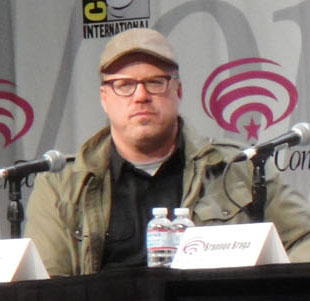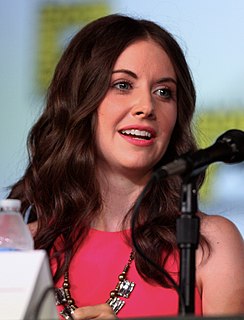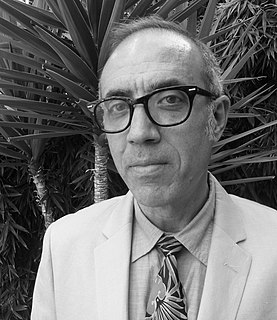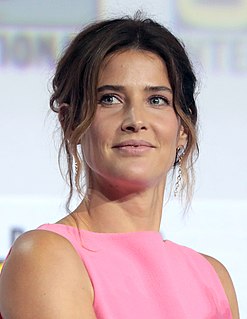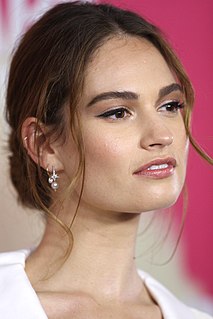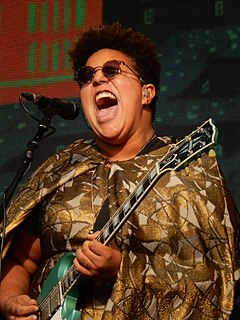A Quote by Charlie Brooker
What is useful about when there is a sort of pull-out to reveal moment going on is that it actually focuses the mind when you're writing the earlier scenes because you're thinking 'right, how do I? I can only show this amount of the room... I can only show these characters from the waist up because they've all got robot legs!' it's a challenge so it keeps you engaged on some level.
Related Quotes
And one of the things that's interesting about how they're doing the show is that the audience almost knows more than the characters do in some of these scenes, and the extent of that is unique. So it's grown into a different show in a way. It's sort of grown into a different experience watching it.
My boyfriend's a musician, and I think when he's on stage is the only time he's not worrying. And so that's the reason he keeps doing it is because it gives him that sort of experience of weightlessness that I only get out of being sort of, deep into writing something or really lost in a moment on set, like it's available to me in these select moments through my work.
Critical thinking does seem a superior sort of thinking because it seems as though the critic is actually going beyond the scope of what is being criticized in order to criticize it. That is only rarely a true assumption because, most often, the critic will seize on some little aspect that he or she understands and tackle only that.
When I was on 'The Golden Girls,' we'd have eight scenes per show. And when 'Seinfeld' came along, they went to, like, 30 scenes a show, which was revolutionary. 'Arrested Development' has probably got 60 scenes per show. It just keeps emerging as this more and more complex thing. I always try to keep it very simple at its heart.
You can't show up on set and expect it all to come together. You have to have a plan, much like how the director can't just show up and go, well, where should I put the camera? That is gonna determine how it is lit, you should have already been in the room looking at it earlier, pre-lit the room, you know there is a lot of prep that goes into it, so it is the same thing with acting. You can't just show up.
I think I'm good with actors. I like directing actors. I also like to show up and just do an acting gig. Where I'm just a hired gun, I don't have to have an opinion on anything.I never got involved in all this stuff because I wanted to control stuff; I got involved in writing and producing because I wasn't getting interesting acting gigs. In a way I'm grateful that I didn't get interesting roles, because it made me pull my finger out and do some work.


